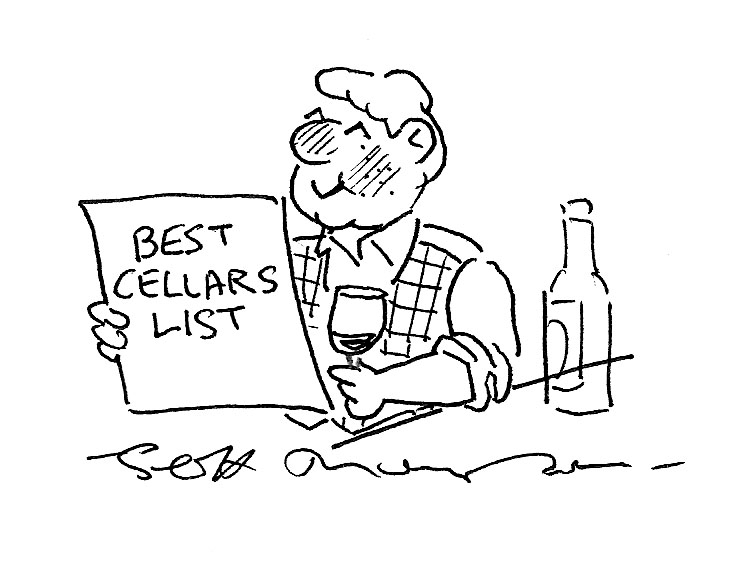Acouple of lawyers were disagreeing about a matter which could become increasingly relevant. Could a sitting president pardon himself? But there was a further aspect to this question. A friend of mine who has known Mr Trump for 20 years and who likes him detects a weakening in his mental powers. One of our number was a distinguished neurologist. Pressed to overcome his intellectual scrupulousness about television diagnosis, he thought it not impossible. So are we dealing with dementia, or is the President of the United States just demented? Might it be early stage Alzheimer’s, or merely chronic Trump-heimer’s? If the most notorious teetotaller since Hitler could be persuaded to retire on medical grounds, encouraged by an amnesty, that would seriously diminish the risk of the Democrats winning the presidency. Let us pray.
The mention of amnesty emboldened our host to a confession. He felt that he had suffered long enough. So he had decided to declare an end to dry January. In solidarity, the conversation gained momentum, aided by some excellent claret. Our host often buys from Charles Taylor. Abetted by a well-trained youngster, Jack Bartholomew, Charles is an old–fashioned wine merchant, always on the hunt for value, who deals a lot with livery companies and clubs as well as private clients, and likes his bottles to go to a good home en route to an appreciative palate.
We drank a selection which included a Lacombe Noailles ’14, a Patache d’Aux ’04, a Vieux Château Gaubert ’09 and a Fourcas Dupre ’07. None was stellar; equally, none was in any way disappointing. They were all sound examples of cru bourgeois claret: the perfect accompaniment to a good dinner and stimulus for good talk.
As the bottles came and went, the talk became increasingly animated. Nothing unusual in that: I doubt if there is a dinner table in England which has not been disrupted by disputatiousness in recent weeks. One hears constant accounts of non-speaks lasting at least 24 hours. But our conversation was different and ended in amicable partings, though not in consensus. We were discussing a subject which will long outlast Brexit, and which may have led to rows over the roast aurochs when the cave paintings at Lascaux were still fresh: aesthetics.
No one round the table had the least sympathy for popular culture, a phenomenon almost justifying Goering’s revolver. The caterwaulings of pop ‘music’, the meretriciousness of the Turner Prize: they are culture only in the anthropological sense. There were hints of dissent: one girl insisted that some jazz overlapped with music while a chap claimed to find merit in ‘Les Demoiselles d’Avignon’ and ‘Guernica’.
But we tried to concentrate on the great question. We know that we are right. Poetry is superior to pushpin. So how do we prove it? I argued that aesthetics goes wider than traditional high culture. Though there was some sucking of teeth over bullfighting — a spectacle which I prefer to ballet — we raised a glass to the revival of West Indian cricket, at its finest a terpsichorean frenzy of flamboyance and ferocity. Ferocity led on to the upcoming rugger internationals, whose high points will be almost as brutal as anything in a bullring. There is also wine. The other day, I shared a Clos des Chambrays ’06 Grand Cru, which was stellar. All four senses have a aesthetic dimension.
We concluded that an aesthetic experience is one which enhances the human condition. It will also have been granted canonical status by learned men over time, so pleasure is reinforced by scholarship. How do we tell the dancer from the dance? That could depend on the lateness of the hour and the emptiness of the bottles.






Comments